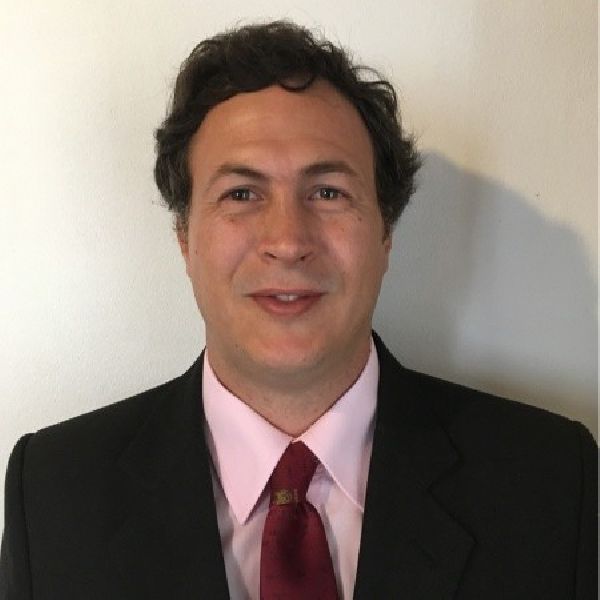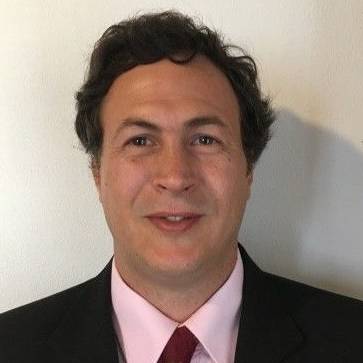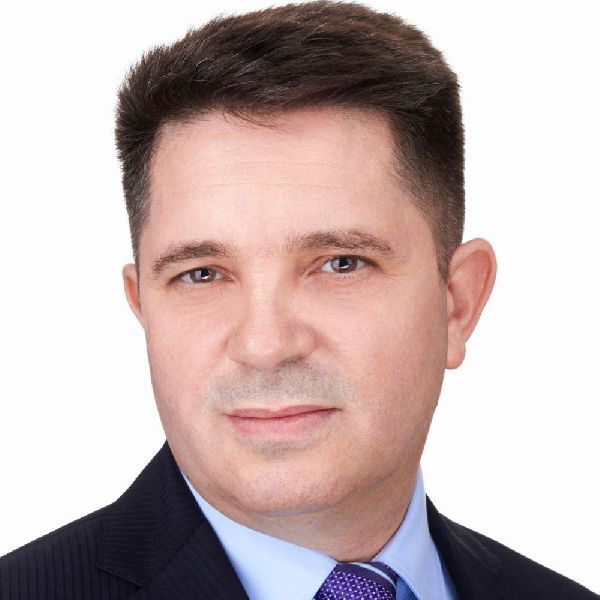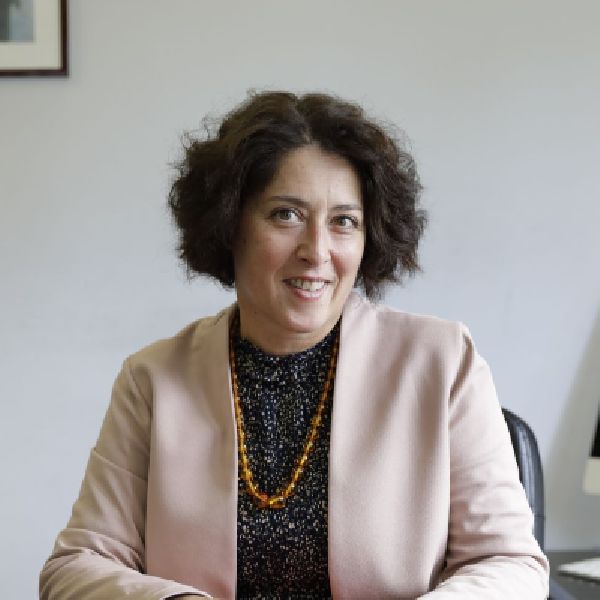
|
10.08.2021 | Teodor Burnar
|




|
Dr. Eduardo César Willer, Argentina: “I live and work by a phrase that says, if your son asks you advice about his future, find honor in proposing that he becomes a Lawyer”
Q: The past two years have raised many challenges for our profession. What was, in your opinion, the main challenge Lawyers had to deal with since 2020?
A: I believe that the main challenge we have faced since 2020 was to connect with the use of technology for the practice of law and to be able to acquire new knowledge with the technological tools necessary to maintain and attract new clients, offering the best quality of legal services.
Q: The modernization of legal practice has many advantages, but it is also debated by some legal experts, Lawyers included. What is your opinion on the matter?
A: I think that modernization is something continuous, something we should not deny or reject, whether we want to or not, and it is already here, so we need to capture everything that is needed in order to re-evaluate our work as Lawyers. There is a saying here in Argentina that goes, "Everything that was better happened in the past", ironically indicating that not everything that happened in the past was better, exposing the rejections that affect the changes of yesteryear, such as the Industrial Revolution.
We should consider that, due to globalization, there are no boundaries to acquire new skills or knowledge necessary for our profession, which allows us to acquire and keep ourselves updated with the future, by developing ourselves in a way we have not seen before.
Q: Did technology ever help you win a case? How did that occur?
A: Yes, it has helped me. It was before 2015, because now there is a new divorce law and this was a divorce lawsuit. The wife had conversations and videos with sexual content through the Facebook platform, and the images and conversations were stored on the network, as well as on the family’s computer.
When our party presented the aforementioned documentation, the evidence, the judge ruled in the divorce case based on the wife's fault.
We should consider that, due to globalization, there are no boundaries to acquire new skills or knowledge necessary for our profession.
Q: How difficult it is to insert, to use this kind of technological evidence into a case for you, as a Lawyer?
A: It depends. Not now, because as of August 1st, 2015, in Argentina there are no longer grounds for divorce based on the spouses’ fault. There is no fault of the spouses to get divorced. Currently, any of the spouses can apply and file for divorce. The only thing they have to take into account is a regulatory agreement on how they are going to divide the assets. And if there are minor children, how they are going to proceed with the alimony and the communication with the father or mother who does not live with the child/children.
Q: What is your experience with video conferencing with Clients? How do they react to it? Do you have any interesting story from the past year?
A: I had 2 videoconferences so far because, in the place where I work, fortunately, there was only a 3-month lockdown in the province. The first one was with a client from Buenos Aires where there was lockdown for approximately 8 months and the second one was at a mediation hearing in an alimony trial. And that mediation hearing is interesting because the woman who requested the hearing was receiving the alimony, that is, the same thing that she requested at the hearing. Here is the interesting thing, that the mediator did not understand what we were doing in a mediation hearing, looking to get something that she had already obtained.
Q: Speaking of Divorce and Family Law, which is one of your specializations, technology can a) provide circumstantial evidence for a divorce, especially with the advent of social media and dating sites, while text messages and email messages can provide electronic evidence b) even mediate divorce, as many people are filing for divorce or parental custody online. How do these evolutions impact your practice as a Lawyer and are they helping your work?
A: Technology is not helping because since 2015 the new Civil Code that came into force in Argentina eliminated the divorce due to spouses’ fault. Therefore, it can only be used for the issue I mentioned before, that of the division of property regime, or also for the issue of the regime of communication between parents and children. But in general, as there is no cause for divorce, this does not have much effect yet, except for these issues that could be communication with minor children or alimony.
Q: How would you describe the legal industry in your home country, in Argentina? Is it traditional, is it open to improving and modernizing?
A: It is traditional, but one can notice a change in the past years, because new technologies and artificial intelligence can be applied in new cases and for the modernization of the judiciary system.
P: You also list Civil Rights and Civil Damages as some of your top practice areas. How is technology changing these specializations as we speak? Please exemplify.
A: For example, in the next few days, I will be filing a lawsuit for damages for a traffic accident. My client was driving a car down the street on the left side, when a motorcycle hit him coming from the right side. In Argentina, the right side has priority of passage, but that priority ceases in certain circumstances and, in this particular case, one of these circumstances shall apply. Following a traffic accident expertise, we were able to obtain a video of the moment of the accident from a house located on the corner of the accident site, which will serve to give more value to traffic accident expertise. Right now, this is my tech background.
One can notice a change in the past years in the legal system in Argentina, because new technologies and artificial intelligence can be applied in new cases and for the modernization of the judiciary system.
Q: What are some of the tech tools that you use in your day-to-day activity, and how is the WOLEP network and its infrastructure further increasing your productivity?
A: The tools that I use on a daily basis are a judicial management program in my office, which is called Lex-Doctor. In addition, an online system called Iurix, where I can see all the movements in the files as they take place; a system called Forum for submitting documents and claims. The last two are from the Judicial Authority of the Corrientes Province and at national and federal level, that is, in Argentina, we use an online program called the National System of the Judicial Authority, where notifications and documents are issued and sent.
Regarding the WOLEP network, it is a very good tool to attract new clients from different parts of the world, since - remember how we started the conversation - due to the globalization, as there are no boundaries, and due to the application of new technologies within our reach through Internet connection, we can reach places that we could not imagine before.
Q: Is it exciting for you to be able to collaborate professionally with other lawyers from other countries, your colleagues, via WOLEP? And would you like to, maybe at some point, even mentor some younger lawyers from other countries, to share your work experience with them as a mentor?
A: Yes. The importance of being part of WOLEP will always be determined by the openness that each of us has to being part of, understanding and adapting to the way technology passes through all areas of our lives nowadays, especially through our professional careers.
If we keep in mind that there are no borders and there are no impediments that prevent us from absorbing new technological knowledge and putting it into practice, by entering a community like WOLEP, we all know the changes that are happening. Today, COVID has forced us to adapt faster. Therefore, there is no need to formulate any objection or rejection to the implementation of these technologies. And WOLEP is part of this “disruptive” act, which will increase our value and knowledge and allow us to expand to other countries. For example, before COVID, no one imagined that we could get connected by talking to people from other countries about law and sharing clients. So, it's very interesting. The WOLEP network is welcome.
We need to have a long-term view and cooperate in whatever might be needed, both to gain clients and to provide mine - in the case of my clients, many are probably thinking of looking towards Europe.
The WOLEP network, for me, is a very good tool to attract new clients from different parts of the world.
Q: What is a phrase that guides you in your activity?
A: There are two phrases that I really like and that I try to follow, both by Eduardo Juan Couture Etcheverry. He was a Uruguayan lawyer and professor. These phrases are from the Lawyer's Ten Commandments.
“Study. Law is constantly changing. If you don't follow in its footsteps every day, you'll be a little less of a lawyer. ” Spanish version: “Estudia. El Derecho se transforma constantemente. Si no sigues sus pasos cada día, serás un poco menos abogado.”
“Love your profession. Try to consider Law in such a way that the day your son asks you for advice about his or her future, you find it an honour to propose that he or she become a lawyer.” In Spanish: “Ama tu profesión. Trata de considerar la abogacía de tal manera que el día que tu hijo te pida un consejo sobre su destino, consideres un honor para ti proponerle que sea abogado.”
Are you a legal eagle with a passion for collaboration? Join forces with other legal professionals and elevate your practice to the next level. Don't wait, sign up now to WOLEP and connect with like-minded lawyers today. Register your account here.
#Interviews #Eduardo César Willer #WOLEP Talk #Artificial Intelligence #South America #Argentina #family law



